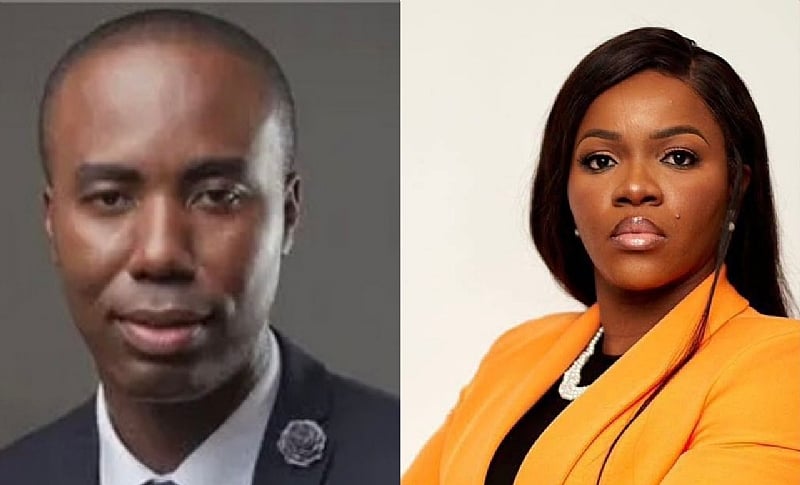The case of Kwabena Adu-Boahene, the former Director-General of Ghana’s National Signals Bureau (NSB), has become a complex tapestry of accusations, denials, and counter-accusations, revealing a potential saga of financial mismanagement within the highest echelons of government. Adu-Boahene and his wife, Angela Adjei Boateng, are facing charges of stealing, defrauding by false pretences, causing financial loss to the state, money laundering, and using public office for profit, all stemming from alleged fraudulent contracts and payments totaling over GH¢49.1 million (approximately $7 million at the time) funneled through companies linked to the couple. While the Attorney General paints a picture of a “criminal enterprise,” Adu-Boahene vehemently denies any wrongdoing, claiming that the accusations are a gross misrepresentation of the facts, orchestrated by the head of the Economic and Organized Crime Office (EOCO), Raymond Archer.
At the heart of the dispute lies the destination and purpose of the substantial funds in question. The prosecution alleges that Adu-Boahene and his wife siphoned the money for personal gain through a network of companies, including Advantage Solutions Ltd, Vertex Properties Ltd, Vertex Solutions, and BNC Communications Bureau Ltd. Adu-Boahene, however, insists that these funds were used for legitimate official purposes, including parliamentary allowances, and were not diverted into private pockets. He questions how such a large sum could be misappropriated without detection by the Auditor-General, implying systemic oversight if his version of events is true. This raises critical questions about the financial controls within the NSB and the broader government apparatus.
Adu-Boahene’s defense rests heavily on challenging the narrative presented by EOCO boss Raymond Archer. He accuses Archer of deliberately distorting the facts and creating unnecessary sensationalism, potentially to the detriment of the government and national security. This accusation introduces another layer of complexity to the case, suggesting potential ulterior motives or interagency conflicts that may be influencing the investigation. Adu-Boahene’s plea for urgent intervention to prevent further damage hints at the possibility of undisclosed information or political ramifications that could extend beyond the immediate financial allegations.
The involvement of Adu-Boahene’s wife, Angela Adjei Boateng, further complicates the situation. Her alleged participation in the scheme, through the network of companies, raises questions about the extent of their joint involvement and the potential for conflicts of interest. Adu-Boahene’s strong defense of his wife’s integrity and their shared assertion of innocence underscores the personal stakes of the case, transforming it from a purely financial matter into one that deeply affects their reputations and family life. Their insistence on their modest lifestyle and contentment with their existing blessings attempts to portray them as individuals unlikely to engage in such elaborate financial malfeasance.
The charges against Mildred Donkor, a former UNB Bank staff member, and Advantage Solutions Ltd, one of the companies implicated in the alleged scheme, broaden the scope of the investigation and suggest a wider network of individuals and entities potentially involved. The specific role of Donkor and the mechanism through which Advantage Solutions Ltd was allegedly used to facilitate the movement of funds remain unclear, but their inclusion in the charges suggests a more complex financial trail than initially perceived. Unraveling the intricate web of transactions and the roles played by each individual and entity will be crucial to determining the truth behind the accusations.
The case of Kwabena Adu-Boahene presents a challenging legal and political puzzle. It highlights the complexities of investigating high-level financial crimes, particularly when they involve individuals in positions of power and influence. The conflicting narratives, accusations of deliberate misrepresentation, and the potential for political fallout create a murky picture that requires meticulous investigation and a thorough examination of all available evidence. The outcome of this case will not only determine the fate of Adu-Boahene and his co-accused but could also have broader implications for the government, its image, and the public’s trust in its institutions. The unfolding legal proceedings will undoubtedly be closely watched as the truth behind the allegations is gradually brought to light.














